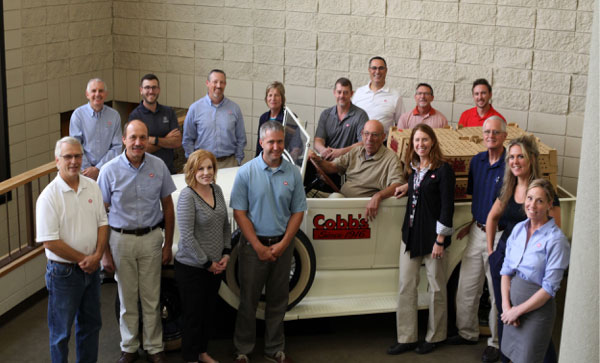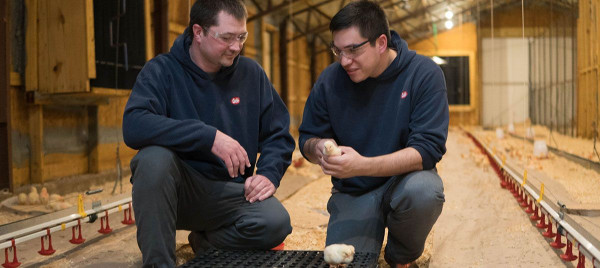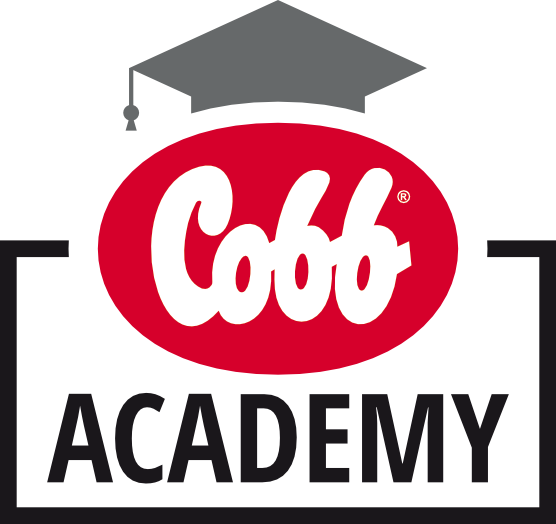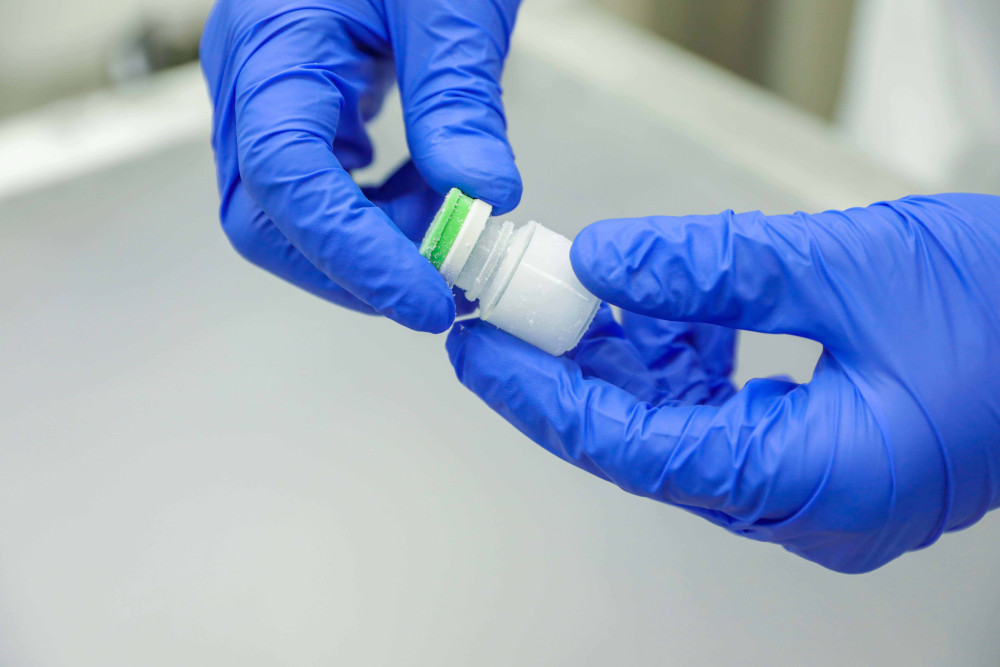By Dr. Kate Barger-Weathers, Director of World Animal Welfare, Cobb-Vantress, Inc.
The poultry industry is constantly evolving — from new insights on bird behavior and care to improved technology and flock management tools — all in the aim of advancing health, welfare and performance outcomes. Cobb-Vantress has an influential role in this exploration, including our innovative CobbCares™ program and a leadership role in a global roundtable of animal welfare experts to have an ongoing dialogue about the “Chicken of Tomorrow.”
Change comes naturally to the poultry industry. In 1948, when the first national Chicken of Tomorrow contest was hosted in the United States, the industry was composed of hundreds of small-scale poultry operations. At that time, their vision was to advance meat-type chickens, through genetic selection, with regard to growth and efficiency. Today, the global poultry industry produces more efficiently using technological advances and automation. While welfare has always been a focus, this modern technology and automation allow producers to advance poultry care, health and welfare in an effective and efficient manner.
With a forward-thinking approach, “Chicken of Tomorrow” was the primary theme of the recent animal welfare meeting hosted by Cobb. Following the spirit of the original contest, the invited animal welfare experts were asked to participate in discussions focused on ensuring continued excellence for future broilers. Specifically, these experts participated in discussions centered on balancing welfare expectations with flock management goals and sustainable production standards in a rapidly changing world. As the organizer of the meeting, it was my pleasure to moderate the discussion topics and to challenge roundtable participants to forecast where the poultry industry will be in five to 10 years. The group also identified the challenges, opportunities and pitfalls we can collectively approach while still achieving future broiler supply chain goals.
Roundtable attendees included representatives from academia and key welfare officers from global poultry companies who have a passion for animal welfare. They were asked to reflect on various topics, including: improvements in outcome-based welfare auditing methods, trends and expectations for future poultry breeds, advances in genetics, innovative solutions for employee training, and practical ideas to improve daily management of broiler and breeder flocks. Participants shared their own personal achievements in advancing welfare outcomes and provided feedback to Cobb regarding challenges associated with supply chain demands for the chicken of tomorrow. Participants learned what Cobb is doing to advance genetics, were presented with examples of our extensive welfare training and education programs, and were introduced to new approaches the company is taking to include welfare tips in management guidelines as the poultry industry evolves to meet market demands.
Specifically, our animal welfare team shared examples of Cobb’s actions focused on increasing global animal welfare understanding and awareness. We reviewed data from company-sponsored research evaluating bird behavior and welfare enrichments for pullets and broiler breeders, and we presented a comprehensive overview of the company’s progressive approach to outcome-based auditing. The welfare team and roundtable attendees then discussed how audits can be proactively used to verify implementation of welfare and biosecurity standards while also validating employee understanding of poultry behavior, handling, euthanasia and care expectations.
The research and development (R&D) team provided an overview highlighting novel selection methods being used to advance understanding about bird welfare and flock health. These included Cobb’s balanced approach to the development of future genetic crosses and the dedication our company has for the health, welfare and performance of Cobb chickens. Dr. Aldo Rossi, vice president of R&D, noted that each Cobb pedigree chicken is individually evaluated and selected based on more than 50 traits, with more than half of these traits associated with health and welfare outcomes. In addition to individual selection of pedigree chickens, he also explained how the robust breeding structure results in specific crosses of pure lines to produce a crossbred broiler with hybrid vigor for various welfare and performance traits. After this overview, the roundtable attendees and R&D team had an engaging conversation about desirable broiler and breeder traits, future opportunities for evaluation of leg health outcomes, and the importance of balancing welfare and sustainability when developing the chicken of tomorrow for global poultry customers.
The roundtable meeting concluded with a robust discussion on supply chain decisions and additional animal welfare areas for collaborative focus. These conversations challenged Cobb and the invited poultry industry leaders to consider making these decisions in a comprehensive and holistic manner. Covered topics included sustainability, ethical parameters, economics and managing genetic potential. As a follow-up to the 2019 Cobb-hosted roundtable, our animal welfare team is excited to work with key customers to provide animal welfare guidance for increasing the scope of their welfare programs, in-person animal welfare support, and customized educational resources they can use to increase awareness for their employees. Additionally, our animal welfare team is collaborating with internal and external technical experts to implement additional key welfare tips in Cobb management literature, assessing welfare initiatives recommended by roundtable attendees at company trial farms, and partnering with the R&D team to implement innovative welfare technology to help advance genetic crosses and welfare understanding in the years to come.
Animal welfare is a topic that will continue to evolve as technology, equipment, understanding and poultry breeds advance in providing for the Chicken of Tomorrow. There is no doubt that the outcomes from the stimulating dialogue at the roundtable meeting and the follow-up actions from Cobb will benefit the future of the global poultry industry. We are excited to be in this leadership role and look forward to continued collaboration with experts in animal welfare.
